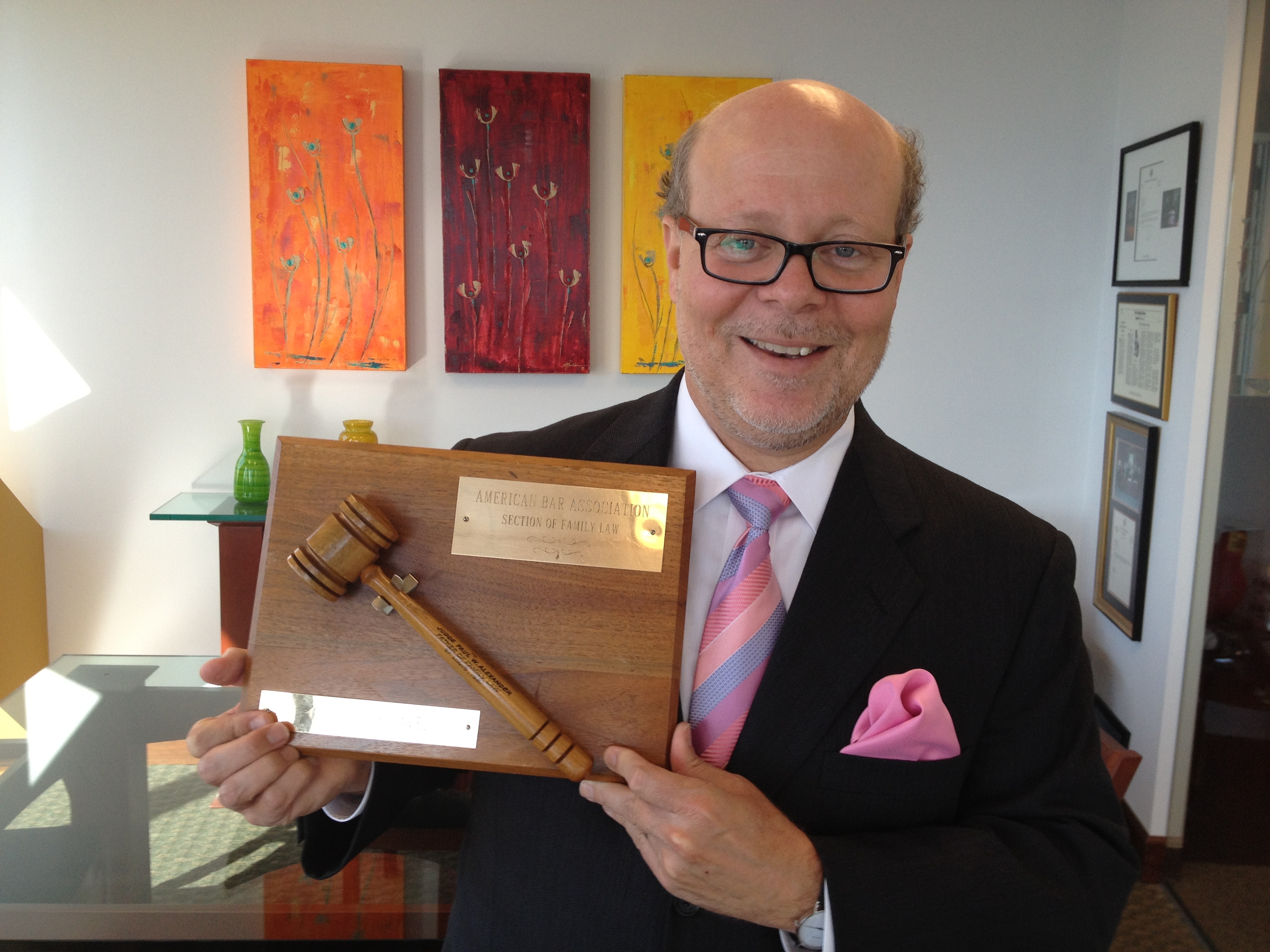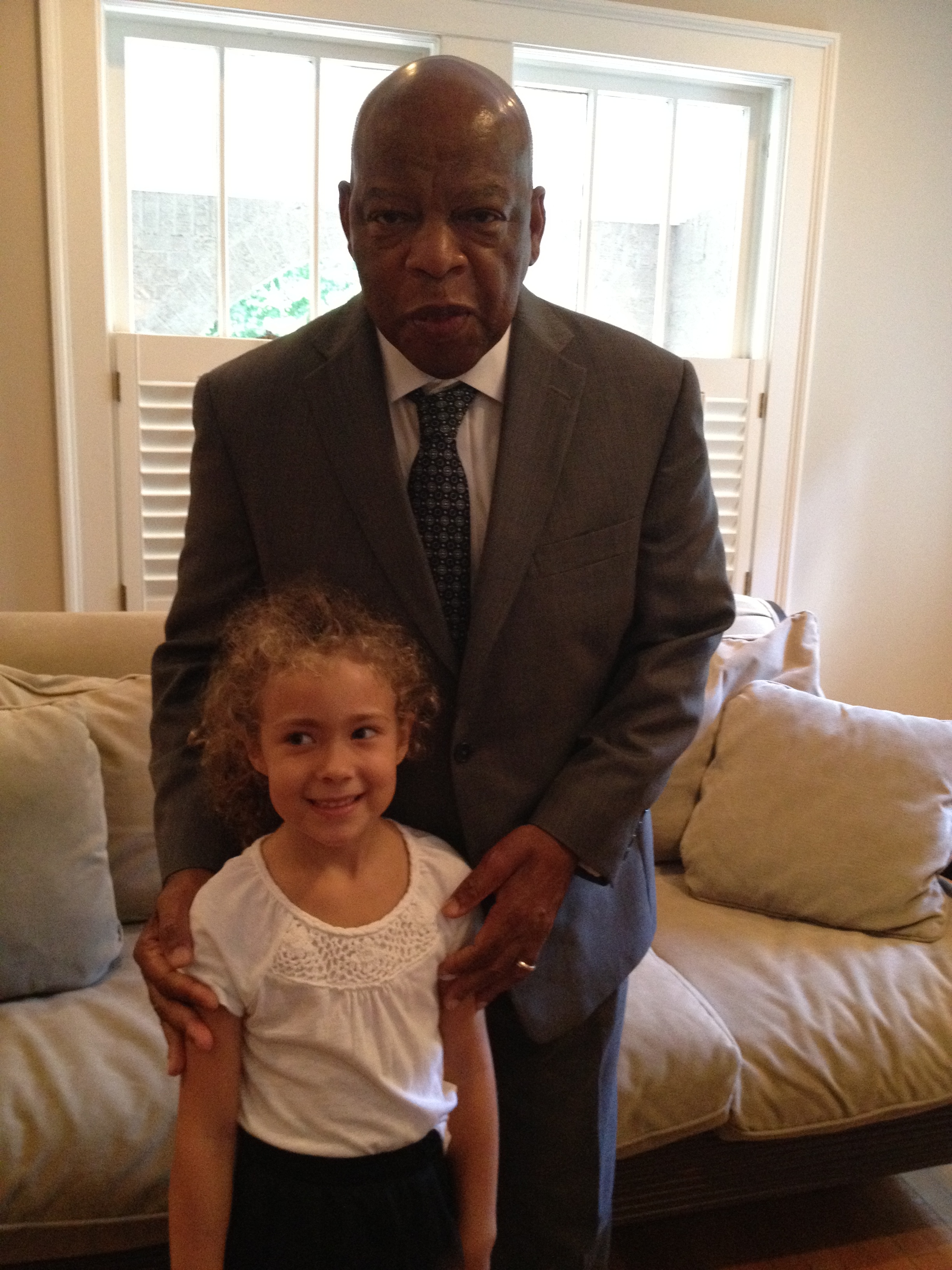Welcome 2013
This was my 2013 post for LinkedIn Influencers (posted in December):
Welcome 2013. While the years roll by quickly, laws are often slow to catch up to the times. Legislatures move slowly, politicians worry about how their votes on new laws will affect their chances for reelection. And judges have much incentive to take the safe road, follow the rules and laws that have been around forever and to be sure they are themselves upheld on appeal. To accept a novel argument or interpretation of the law opens a judge up to much scrutiny and criticism. But there remains so much room for improvement in the area of family law. Not just to our laws, but within our profession as well. We need increased civility between lawyers and between parties. We need better education about the process and the tools available to achieve resolution. And we need better, more modern laws, to handle the new realities of our society.
On a national and state by state basis we must address how to help same sex couples dissolve their relationships in a civil manner. If they are not allowed to marry, perhaps they should still be allowed to divorce? Otherwise they will still end their relationships, but the process will continue to be confusing, frustrating and sometimes violent. When human beings have no recourse under the law, they engage in self help (sometimes called vigilante justice). Why not permit these tax paying and law abiding citizens to use our court system to resolve their disputes like other citizens? Wether you approve of same sex relationships or not, they exist and prohibiting same sex marriage, or same sex divorce, does not and will not stop same sex relationships. Instead, it helps avoid land disputes, child custody disputes, title disputes and many other problems that ultimately cause all of us money since our tax dollars pay for courts, policemen and other services that are needed when disputes get out of hand. Courts, when permitted to help members of society, for instance in same sex divorces, will reduce cost, tension and resources across the board and thereby help all taxpayers.
So what about DOMA (Defense of Marriage Act)? Will it fall this year? It seems inevitable. The federal government which has historically left family law matters to the states, stepped deep into family law when it approved DOMA. It seems the current trend is to to see DOMA as overreaching. I believe DOMA will be undone (by the courts, since a majority of legislators will likely never vote to do something that implies that they approve of gay marriage).
And international custody issues including abductions, denial of visitation rights and even simple communication via new technology should be reviewed. We all remember the Sean Goldman custody case in Brazil. There are so many cases like his that are not reported in our press. Kids get taken from (or to) the U.S. and are never returned. Even in countries that have signed the relevant Hague Treaties, it is often difficult to get a child back. And in others such as Japan, it is nearly impossible. We need to work on this in 2013.
But again, civility. Handling our family matters in a civil and peaceful way is a must. It all starts with family. And we as lawyers must do our part. Yes family matters such as divorce and custody disputes fall into our adversarial system of justice. And for some disputes, it must be so. But so many family disputes can be resolved amicably if we just let emotions subside. If we pause and think about how we want our children to know we handled our differences. Wouldn’t we all be prouder if family law disputes were resolved by the parties involved and not by lawyers and judges who had never known the family when they got along? Alternative Dispute Resolution (ADR) has played an increasing role in family law. Be it mediation, arbitration, late case evaluation or collaborative law, there are many more options in 2013 than there were in 2003 or in 1993. Let’s take advantage of these resources, and lets all, lawyers, judges, mediators, expert witnesses, psychologists and parties, pledge to work amicably. Court decided resolution is never as good as a result agreed to by the people involved. And that can best be accomplished if we act civilly. Especially us lawyers. We do not have to continue seeing the other side after the dispute is resolved. But our clients do. They will go to their kids’ weddings and other events together. Lets commit to doing our best to ensure that these future events and life itself, will be better and easier for our clients because of the efforts we undertake. That’s my commitment for 2013. I look forward to a positive year of helping people and doing my best to ease their burdens and not to increase them.






